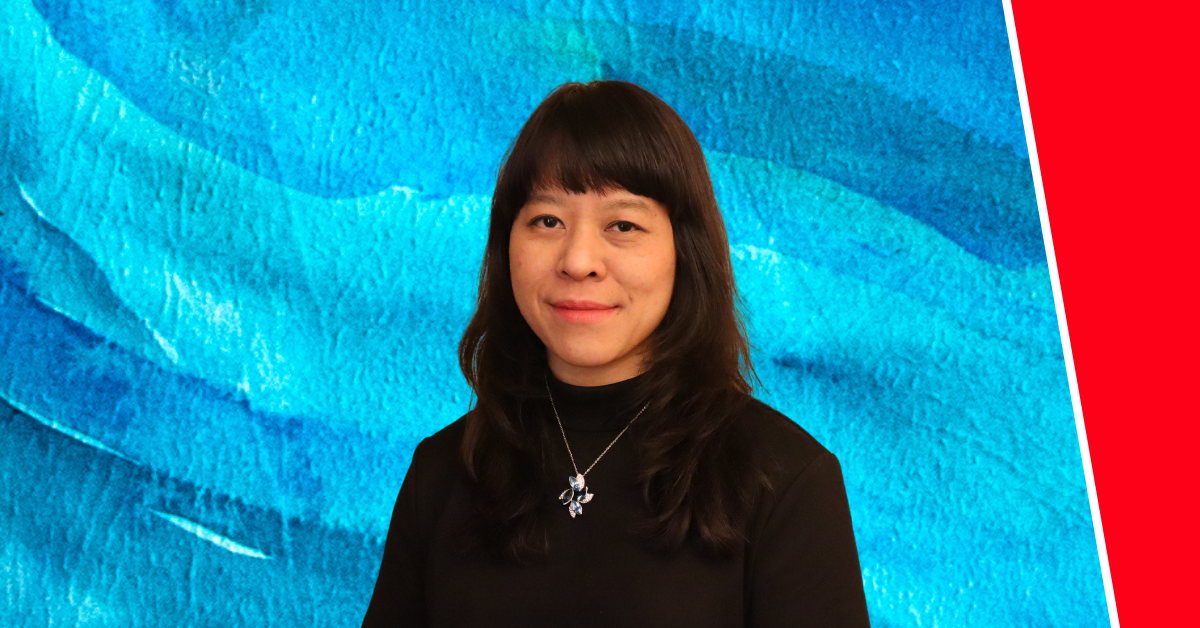To mark International Women’s Day, in this week’s blog we spoke with LSE Press author, editor and CASE Research Officer, Irene Bucelli, about her experience of editing and publishing the edited collection Wellbeing: Alternative Policy Perspectives with LSE Press, and her career journey as a first generation woman working within academia in the UK.
Irene and Timothy Besley jointly edited Wellbeing: Alternative Policy Perspectives (LSE Press, 2022) which explores different liberal democratic governments’ policy approaches to social welfare and asks for policy makers to re-centre focus on increasing human happiness and improve people’s overall quality of life. Irene’s research focuses on multidimensional inequality, poverty and deprivation.

- LSE Press: Hello, Irene. This year’s International Women’s Day theme is ‘DigitALL: Innovation and technology for gender equality.’ How can wellbeing policy best safeguard women’s lives and struggles on a global scale?
Irene Bucelli: Making wellbeing a goal of policy-making allows us to consider the effects of policies on a number of aspects that matter for people’s lives. To see things like growth or development not solely in monetary terms, but actually from the standpoint of people’s quality of life. In turn, this means seeing disadvantage across multiple aspects of people’s lives.
This matters for how we understand women’s struggles because several issues often coalesce: disadvantage when it comes to income or material resources is often connected to lack of educational or employment opportunities, but also, in different contexts, to social relations or the degree of control women have over several aspects of their lives.

- Since Wellbeing: Alternative Policy Perspectives was published in 2022, what key developments have happened in women’s wellbeing and policy, and what would you like to see in 2023?
Talking of wellbeing policy can be confusing. As Wellbeing: Alternative Policy Perspectives shows, there are different ways of understanding what wellbeing even is.
For some, what matters is what people feel – how happy or miserable they are – and policy should focus on maximising people’s happiness. In my own work, I take wellbeing to mean flourishing, and focus on how policy bears on what people can be and do. We planned the volume to showcase these differences and we included, for instance, authors who focus on capabilities as well as subjective wellbeing and happiness. At the same time, the volume also highlights how the policy conclusions reached by these approaches are often more similar in practice than the academic literature focused on their differences acknowledges.
A focus on wellbeing prompts policy-makers to consider aspects such as mental health, loneliness or the importance of work beyond it being a source of income. The volume was published as we were slowly opening up after the peak of Covid-19 crisis and there is no doubt that recent research on wellbeing has helped appraising the impact of the pandemic and the public policy responses to it. This includes understanding the differential effects for instance on women and men, or young and old people. For instance, at the onset of the pandemic evidence showed a decline in mental well-being that was larger for women and young people and suggested that the COVID-19 crisis had exacerbated pre-existing mental health inequalities. But wellbeing research also showed that these impacts evolved as the pandemic went on and it was older women, rather than younger women, who were most negatively affected.
I am interested in how research on these effects on wellbeing is connected to the differences highlighted by several studies in relation to caring responsibilities or employment patters during the crisis. While the recent pandemic has likely had a strong impact what is considered most important for a good life, I am curious to see whether and how considerations of wellbeing become more central to policy-making.
- Who have been the most influential women in your journey to becoming a researcher?
I completed my bachelor and graduate studies in Italy and to be honest, I did not encounter many women in academia before moving to the UK for my PhD. I am also the first one of my family to attain a degree so when I moved I felt I was somewhat lacking the social capital to understand and navigate academia, especially in a foreign country. My colleagues at the Centre for Analysis of Social Exclusion, especially Abigail McKnight and Tania Burchardt, have played an extremely important mentoring role in my development as a researcher.
CASE is an inspiring work environment as a woman in academia. The Centre not only produces impressive, high-quality research but is also incredibly welcoming and inclusive. My work at the School of Public Policy for the Beveridge 2.0 and the LSE Public Policy Review has also given me new opportunities and allowed me to manage my new caring responsibilities and progress in my research seamlessly.
- What have been the biggest obstacles in your career, and what advice would you give to women hoping to carve out a career within academia?
My career has been far from a straightforward path and I am in a much different place than I could have imagined when I started my studies. What brought me here has been being able to identify what I really cared about (and what I didn’t) and recognising opportunities that strike what is for me the right balance. The research-only route I have taken is not always stable but allows me flexibility while I focus on projects I care deeply about.
- What was your experience of editing the essays in Wellbeing like, why did you choose to publish the collection via Open Access with LSE Press, and what did you learn in the process?
We had great support from LSE Press in editing the Wellbeing volume. In particular, we needed to consider what had changed since we had first published the articles on the LSE Public Policy Review, as many of these were speaking to evolving debates around the Covid-19 emergency. The aims of the book and of the LSE Public Policy Review are sharing the outstanding work done by LSE scholars with a specific focus on policy implications. This is why we are committed to open access, as we hope that the publications can contribute to public debate around important emerging policy issues.






